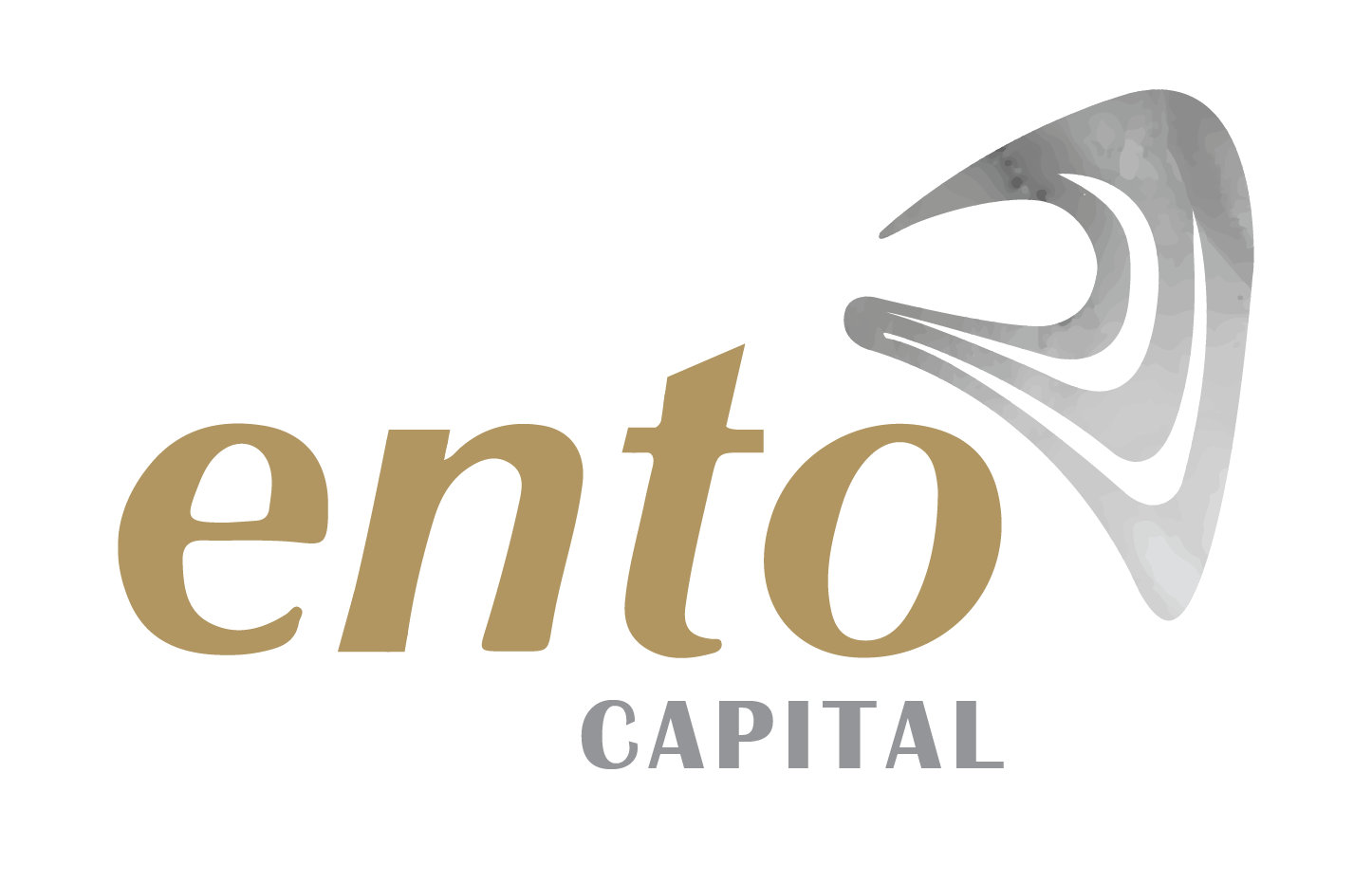Digitalization of financial services is happening at an unprecedented pace. From payments, banking, financial advisory, capital market and insurance, deployment of financial technology (Fintech) via artificial intelligence, data analytics, cloud and blockchain have reimagined the financial services sector resulting in innovation, efficiency and greater financial inclusion.
Against this backdrop, FinTech in MENA has seen immense growth in a very short period of time. A total of US$ 237 million has been invested in 181 deals since 2015 in MENA-based FinTech startups. 2017 was the breakout year for FinTech venture investment across MENA, with large investments including Network International (US$ 30 million), PayTabs US$ 20 million) and Souqalmal US$ 10 million).
In 2018, FinTech overtook more traditionally invested industries, such as e-commerce and transport, and became the most popular by number of deals across MENA. Rapid growth of FinTech industry in MENA Region is driven by several factors predominantly the following ones:
Consumer Demographics
For any startup seeking venture investment, including FinTech startups, a large market size is key to attract funding. The MENA region has key characteristics that make it interesting, with a young, large population, a high GDP per capita, or a combination of the three.
A population size of 195 million in North Africa, providing a large potential market for FinTech startups that are serving emerging markets and under-banked communities. The majority of countries across MENA have an average population that is less than 30 years old. Further, it is supported by US$ 29,000 of Nominal GDP per capita in GCC countries, the highest in MENA, providing higher revenue potential.
Internet & Payments Adoption
The population in many countries across MENA is very tech-savvy, combined with a moderately high internet penetration, which is expected to increase considerably by 2025.
The MENA region saw the 2nd highest increase in internet penetration worldwide between 2014 & 2018 supported by 21% increase in internet penetration in GCC countries during the same period. GCC countries have a 31% higher online payment penetration than the world average, laying the infrastructure for FinTech startups.
Consumer Attitudes
Financial services across the MENA region have been ripe for disruption for a while. Consumers are hungry for FinTech solutions that can help them with their day-to-day needs.
Consumers in the UAE are increasingly adopting FinTech solutions for their day to day needs, with 76% trusting at least 1 tech company as a complimentary solution to their current banking services while 83% of respondents in the UAE open to banking with a technology company, higher than many other countries worldwide according to a recent survey report.
Fintech Funds & Accelerators
Governments in the region have gotten into financial and alternative support solutions as well, including funds open to FinTech startups and FinTech-specific accelerator programs. Through these initiatives, governments look to directly or indirectly support FinTech startups in the region. The cumulative size of FinTech funds launched by governments have reached US$ 1.4 billion.
Private Capital Availability
Lastly, the capital availability from the private sector has increased as well over the years, with more investors making investments in MENA-based startups. Moreover, there has been an increase in the number of private accelerators and venture capital firms with a specific focus on FinTech. The number of investors in MENA-based startups remains 163 in 2019 YTD, surpassing full-year 2018 resulting in 191% increase in regional investors in MENA-based FinTech startups since 2015.
Source: MENA FINTECH VENTURES REPORT 2019 Edition


Recent Comments